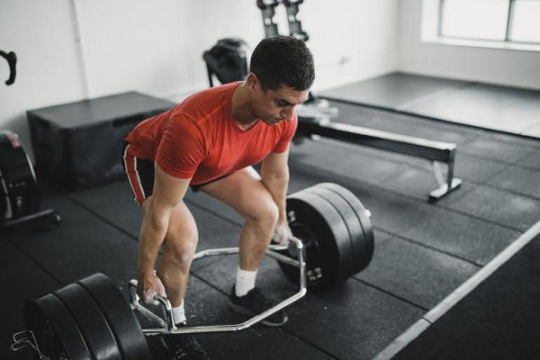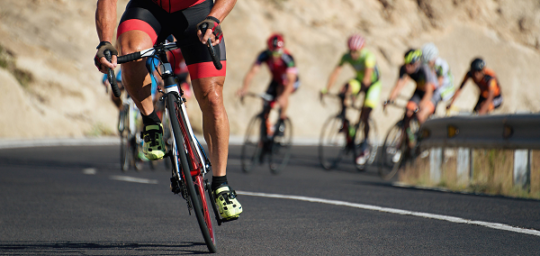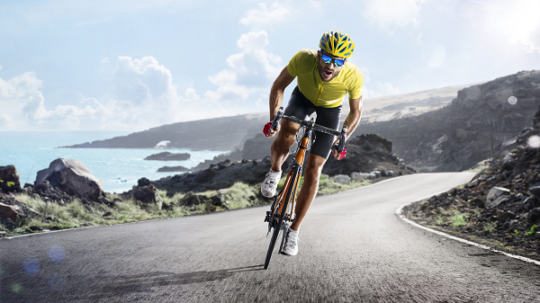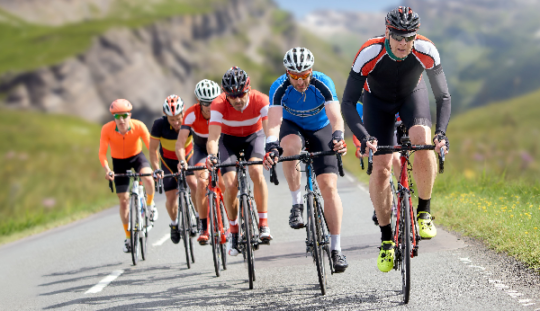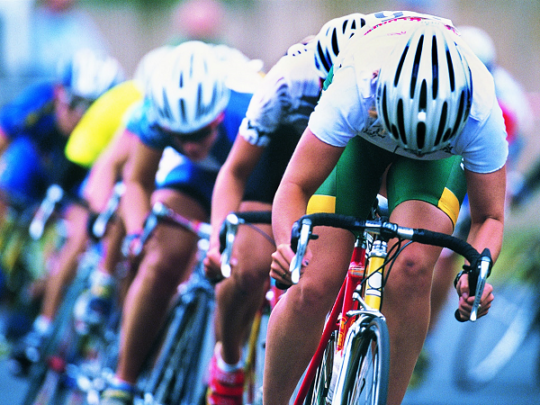Listen or Read Dr. Jan Kasprowicz’s Monthly Podcast Interview!
Topic – Off Season Training for Athletes
Below you will find an easy to read transcript of Dr. Jan Kasprowicz’s interview on the razorcast™ monthly podcast. You can click the video to listen to the podcast or simply read the easy to follow transcripts below. Enjoy!
Podcast Interview:
RC: Hello everyone, this is Liz Harvey coming to you from our razorcast™ studios in New York City where we are dedicated to bringing you top quality advice from many of the leading expert professionals across the United States.
In today’s episode we are speaking with Dr. Jan Kasprowicz. Dr. Kasprowicz is a Sports Recovery Specialist and the founder of New Jersey Chiropractic and Sports Recovery based in Hasbrouck Heights, New Jersey. He offers cutting edge programs and services to athletes and people from all walks of life. With over fourteen years of practical experience in treating patients and athletes for pain relief and optimal wellness, his methods are highly-effective and proven. Cardio health, body conditioning, weight management as well as strength building are all areas of his expertise. Dr. Kasprowicz works with some of the most elite athletes in the country ranging from professional football, triathlon, Division 1 athletics, military and police officers.
Dr. Kasprowicz is widely considered to be one of the top sports recovery specialists in the country and he is also a contributing member of our national network of industry professionals.
Today we are going to talk about a very important topic: Off Season Training for Athletes.
RC: Hi Dr. Kasprowicz, how are you today?
Dr. Jan Kasprowicz: I’m doing great, how are you?
RC: I’m doing great. Thanks so much for joining us!
Question 1: The off season usually means athletes have more time on their hands. What type of training can they do that they might not have time for during their regular season?
RC: So the off season usually means athletes have more time on their hands. What type of training can they do that they might not have time for during their regular season?
Dr. Jan Kasprowicz: By far the most important thing that athletes can do is to train their core. By training their core, it’s not only just going to make them a better performer when they are doing their athletic activity but it’s also the key thing for injury prevention. There’s one thing when you’re playing football or some kind of contact sport and you get tackled and you have a traumatic injury. A lot of injuries occur due to the fact that people have weak cores.
Now when I mention core training to athletes and most trainers, they think of performing a plank. Planks do not do anything for your core. What you need to do is make the activity challenging so that your core’s actually activated. When I talk about core, I’m talking about your oblique, your pelvic floor and your diaphragm. Core is meant to create lots of stability and if you have stability from your core, that’s going to allow your arms and legs to move and do the activity that you need them to do. Now if you core is weak, the brain’s going to think, “Oh no! I have some instability!” Because my core is not creating the stability so then it’s going to go ahead, it’s going to tighten up the hamstrings, tighten up the calves, tighten up the Achilles, it’s going to tighten up your traps and your upper back muscles and you’re not going to be able to function at your optimum.
Most trainers and performance coaches, unfortunately, finish their workouts with what they call core training. That’s the total opposite of what they should be doing. In the beginning of every performance training session or any training program whatsoever, always has to start with some type of core activation activity and then you do your core work to get your core really on tee so then when you’re doing your other exercises you’re going to be able to do them safely because the core is going to create lots of stability. The core must be worked first before any exercise or movement.
Question 2: How can an athlete actually try to improve their performance during the off-season?
RC: How can an athlete actually try to improve their performance during the off-season?
Dr. Jan Kasprowicz: A lot of times when athletes try to improve their performance, what they are actually trying to do is they’re trying to improve what they’re already good at. That’s the total opposite of what they should be doing. The number one way to improve your performance is to strengthen up your weaknesses. You have to be honest with yourself but unfortunately, we’re very subjective and we’re not objective. We need an objective tool that’s going to let us know where we actually need some work.
What we utilize in our facility is called the FMS or functional movement screen. It does that. It tells us exactly where your issues are. It’s seven basic tests, takes about 10-15 minutes to perform. They are exercises that people have done before but with these tests, we grade the tests. We see how the athlete functionally moves and the test actually brings out a lot of different weaknesses that the athlete can work on. By eliminating these weaknesses we can actually strengthen the athlete, prevent injuries and make them perform better.
Doing bench press, doing squats, doing all these big exercises that athletes do – that doesn’t make you better. What makes you better is creating a stronger foundation so that you can build strength on. The goal is to have a rock solid foundation with core and functional movement. That provides the necessary foundation to create the strength and power you need for your activity.
Question 3: Your practice utilizes a lot of science based technology. What are some of the services and devices that are available that some people may not be aware of?
RC: Your practice utilizes a lot of science based technology. What are some of the services and devices that you have available that some people may not be aware of?
Dr. Jan Kasprowicz: For the most part, we do keep things very simple here in the office. Our goal is to keep things simple so this way our clients, our athletes and our patients can re-create all the exercises and activities at home. We utilize everything from TRX straps, kettlebells, resistance bands, BOSU balls, medicine balls, Indian clubs and plyometric boxes in our office. A lot of our activities (are basically) you just use weight bearing, use your own body weight but we also use something called a Power Plate which is a major component for our Total Body Conditioning Program, our Sports Performance Program and also our Sports Recovery Program.
The Power Plate, it’s a total body vibration machine that vibrates in all three axis X, Y and Z. It was actually developed by the Soviets when their cosmonauts of the space station, their bones would be brittle and their muscles would be atrophied due to the fact that they were not exposed to any gravity. So they would stand on these vibration plates and the vibration plates did several things. The first thing is it would stimulate osteoblast activity or the creation of bones, so it would strengthen up their bones. And just standing on this platform, this vibration plate, forced every single muscle into a contraction. So just standing on it creates an entire full-body workout therefore the muscles get stronger.
The Power Plate also does several other things. It removes excess acid from a lot of the connective tissue, raises your energy level, increases your flexibility and range of motion, improves speed, mobility and stamina, improves your posture, decreases your blood pressure, increases testosterone release as well. Also improves your balance and coordination to name a few things.
Question 4: What role does nutrition play in off-season training?
RC: What role does nutrition play in off-season training?
Dr. Jan Kasprowicz: As an athlete, you need to always find an edge that’s going to take you to the next level and what I found is that nutrition is usually that edge because a majority of athletes don’t take nutrition seriously. Athletic performance is dependent upon the performance of your cells. If your cells are not being fed the proper nutrients, they will not function properly. Everything is made of cells – from your muscle tissue, to your lungs, to your heart – it’s all cells. So if you’re not providing proper nutrients to your cells, you’re not going to get proper performance. I tell my athletes and my patients, “When you put junk in, you’re going to get junk out.”
There are three must do’s for nutrition. You first have to eat a plant-based diet. I’m not talking about going vegetarian or vegan but you want to make sure that a majority of the food that you’re consuming every single day is plant-based. You have to drink lots of alkaline water. Drinking alkaline water helps flush out a lot of the acidity that your body creates when you’re doing heavy training. Another thing that’s very important and number three on the list is – you have to start your day with live food. Don’t wake up and have some kind of protein bar or a protein shake or some toast or some eggs or an omelet. Start your day with something alive such as some type of vegetable, banana, berry or some type of super green shake.
Question 5: What might a comprehensive off-season training program include for a typical athlete?
RC: And what might a comprehensive off-season training program include for a typical athlete?
Dr. Jan Kasprowicz: A great off-season program usually consists of five things. First you have to recover from the previous season. So if you’re having some kind of nagging injuries, make sure you go get that checked out and make sure everything is stable before you start your off-season program. Because if you’re going into your off-season program with some type of injury, what you’re actually going to be doing is you’re going to be teaching yourself poor biomechanics and you’re going to be teaching yourself a poor movement pattern which is going to show up in the next season. Number two, have a functional movement screen done so this way you could identify any kind of weaknesses that you have and eliminate them before you start doing much more strenuous exercises and training. Number three, eliminate all functional movement issues with corrective exercises. Number four, you’ve got to work on your core. Core is by far the most important. Your body needs to create lots of stability with its core so that you can actually create lots of mobility with your arms and legs. And number five, you have to fuel yourself optimally for optimal performance. Nutrition is a secret edge of performance.
RC: Well thank you so much Dr. Kasprowicz. We know you are extremely busy, so I just want to thank you for your time and help today.
And for our listeners across the country, if you are interested in speaking with Dr. Jan Kasprowicz, you can either go online at www.ChiropracticAndSportsRecovery.com or call (917) 748-2902 to schedule an appointment.
On behalf of our entire team at razorcast™, we want to thank you for listening and we look forward to bringing you more top quality content from our country’s leading industry professionals.
Click here to receive more information & to schedule your assessment
